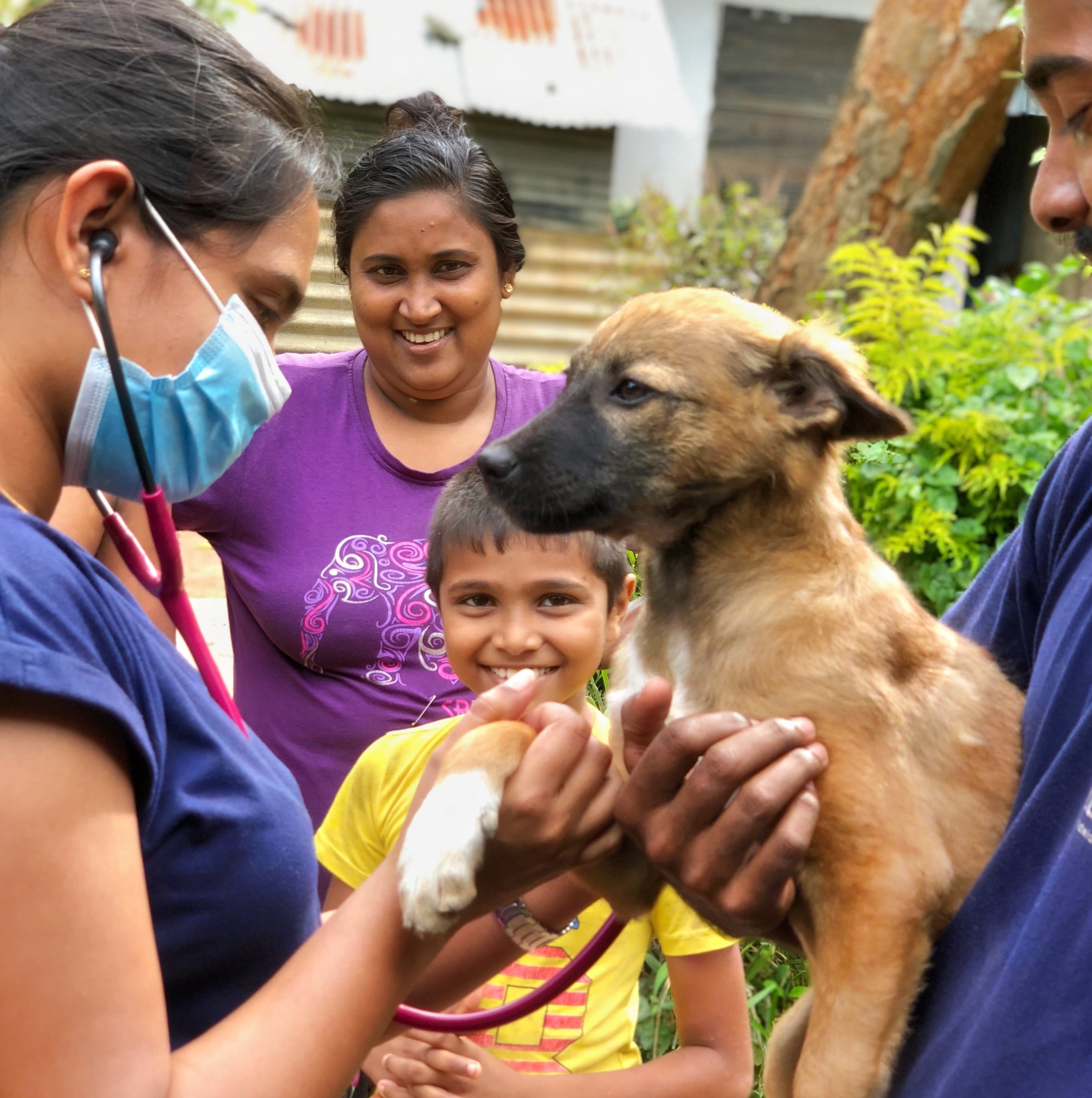A global initiative that aims to eliminate rabies by training and supporting the first community-based workforce for dog health and vaccination has been launched.
The Communities Against Rabies program will focus on three countries – Nepal, South Africa, and Sri Lanka – where rabies kills thousands of people and animals every year. The programme will also certify and connect rabies centres of excellence and partner organisations around the world.
Rabies is a preventable disease that can be controlled by vaccinating dogs, but many communities lack access to vaccines, education, and coordination. The new campaign will empower local people to become Dog Health Champions (DHCs), who will educate their communities on dog health and welfare, rabies vaccination, and surveillance.

Prof. Louis Nel, Executive Director of the Global Alliance for Rabies Control (GARC) commented: “While there has been significant progress in recent years, a lack of coordination, reliable data, and investment has prevented the ‘last mile’ of rabies elimination, particularly at the local level.
“The Communities Against Rabies initiative addresses these historic shortcomings by pioneering a new global grassroots movement, equipping rabies-affected communities with the coordination, expertise, and tools needed to achieve rabies elimination.”
The campaign is led by the Global Alliance for Rabies Control (GARC), a leading NGO that works with a One Health approach to end rabies. The campaign is also supported by Battersea Dogs and Cats Home and pharmaceutical giant Boehringer Ingelheim.
“Rabies is a neglected tropical disease that affects some of the most marginalized and vulnerable communities in the world. Animals and people continue to fall victim to the disease even though the solutions are available and proven,” said Simona Zito, Battersea Grants and Programmes Manager.
“Battersea is proud to support this new project, which will empower individuals, civil society and communities to control rabies through effective best practices and highlight that by approaching rabies elimination in a collaborative manner, we can create better lives for people and animals globally.”
The initiative will also ensure partners are equipped with the full range of existing innovations and technologies needed to deliver effective rabies control in their communities.
This includes the smartphone-based mHealth tools that help target strategic dog vaccination campaigns to focus on at-risk communities, as well as other modular “One Health” tools provided free of charge by GARC, including trackers for rabies cases, bites, and post-exposure vaccines, among others.
The campaign will not only implement the Global Strategic Plan for rabies elimination, but will also contribute to the UN’s Sustainable Development Goals (SDGs), especially SDG 3.3, which aims to reduce the burden of Neglected Tropical Diseases (NTDs) including rabies.
Prof. Louis Nel, Executive Director of GARC continued: “Rabies is a neglected tropical disease that affects some of the most marginalised and vulnerable communities in the world. Animals and people continue to fall victim to the disease even though the solutions are available and affordable. The Communities Against Rabies initiative will bridge the gap between global efforts and local actions, and enable communities to take charge of their own rabies elimination journey.”


